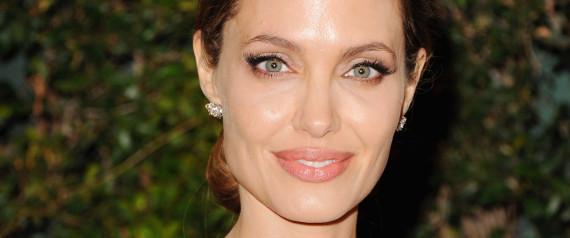
While Angelina Jolie's announcement that she had a preventive double mastectomy[1] raised awareness of breast cancer, it did not lead to more people understanding how gene mutations actually affect breast cancer risk.
"Ms. Jolie's health story was prominently featured throughout the media and was a chance to mobilize health communicators and educators to teach about the nuanced issues around genetic testing[2] , risk, and prophylactic surgery," study researcher Dina Borzekowski, a research professor in the Department of Behavior and Community Health at the University of Maryland, said in a statement. "It feels like it was a missed opportunity to educate the public about a complex but rare health situation."
The study, published in the journal Genetics in Medicine[3] , looked at the results of a survey that included 2,572 U.S. adults. Most of the people in the survey -- three out of four -- were aware of Angelina Jolie's breast removal surgery because she wanted to reduce her risk of developing breast cancer. But disappointingly, fewer than 10 percent of the respondents were able to answer specific questions about the BRCA gene mutation (which raises breast and ovarian cancer risk).
In addition, the survey revealed that people incorrectly believe that if they don't have a family history of breast cancer, they have a lower-than-normal risk of breast cancer. In fact, researchers noted that the risk of developing breast cancer is between 5 and 15 percent for women without the BRCA mutation.
"While celebrities can bring heightened awareness to health issues, there is a need for these messages to be accompanied by more purposeful communication efforts to assist the public in understanding and using the complex diagnostic and treatment information that these stories convey," the researchers wrote in the study.
References
- ^ Angelina Jolie's announcement that she had a preventive double mastectomy (www.huffingtonpost.com)
- ^ nuanced issues around genetic testing (www.eurekalert.org)
- ^ journal Genetics in Medicine (www.nature.com)
- ^ Send us a tip (www.huffingtonpost.com)
- ^ Send us a photo or video (www.huffingtonpost.com)
- ^ Suggest a correction (www.huffingtonpost.com)
0 comments:
Post a Comment